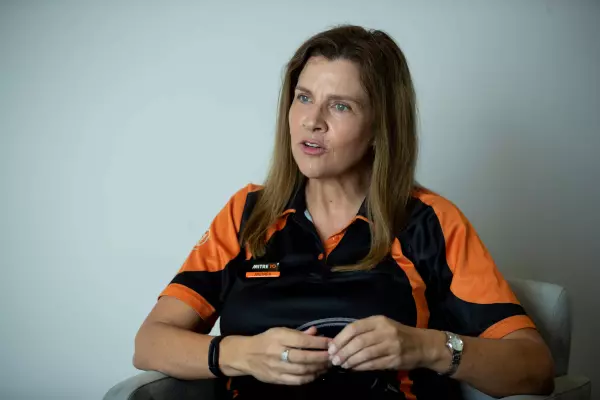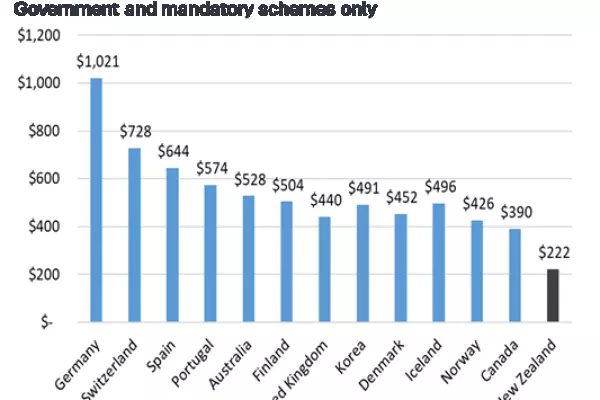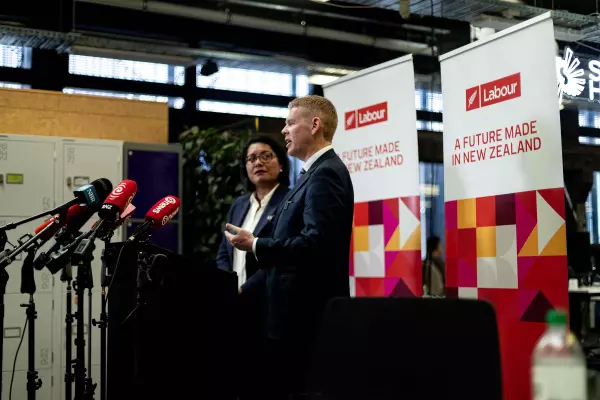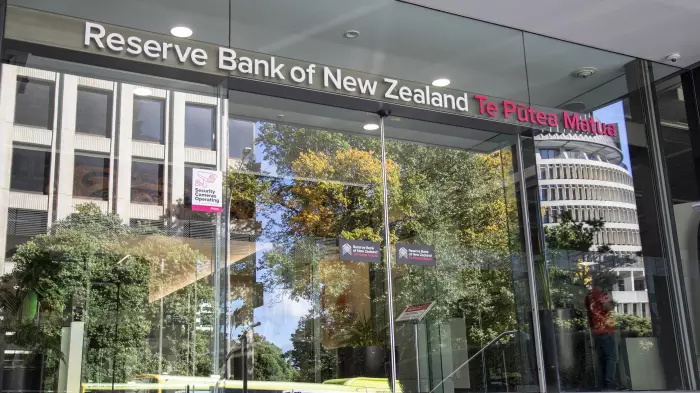Just when long-term watchers of the Chorus regulation saga thought it was safe to look away, it’s back.
In a letter to the Commerce Commission on June 18, Chorus chair Patrick Strange minces no words in warning the new price control settings being proposed for the monopoly telecommunications backbone provider’s ultra-fast broadband (UFB) network risks “regulatory failure”.
At issue is the returns Chorus should be allowed to make on its regulated asset base (RAB), starting right from square one with the fundamental question of the value the regulator wants to put on those assets.
Consultants for Chorus, Melbourne-based New Street Research, say that value of the network is about $7 billion.
By comparison, it calculates the competition regulator’s draft recommendations, released in May, as suggesting a valuation of $5.5b for monopoly price-setting purposes.
Leave aside for one moment the equally vexed question of appropriate rates of return on capital, or maximum allowable return (MAR). That is the second main leg of the commission’s task.
Whatever the MAR is set at, it will clearly deliver far lower revenues on a $5.5b regulated asset base than if it is set at $7b.
Chorus warns if the lower RAB becomes the final outcome, the superficial achievement of lower prices for UFB services risks being undermined by two key things.
Firstly, Chorus will have little incentive to build on the ultra-fast broadband digital infrastructure platform built over the last decade.
With the internet of things (IOT) steaming down the track to take the guesswork out of everything from running your fridge to coordinating global freight movement, it would seem reasonable to hope regulatory settings would boost rather than stifle that hard-won, but potentially fleeting, advantage.
And secondly, says Chorus, it will send a message to the private investors who put in $3 for every $1 the government put into the UFB project that New Zealand governments can’t be trusted.
New Street suggests there is “growing distrust among equity investors about the NZ PPP model and the sense that a regulatory ‘mugging’ in progress” because it dismisses the equity risk private investors have taken since 2011 by supporting the government-led UFB rollout.
From its status as one of the most successful public private partnerships ever undertaken in this country, the UFB experience could instead become a warning, particularly to large-scale foreign capital providers, that NZ pulls swifties.
“Instead of scope to generate an appropriate return, it now finds the additional layer of allowed revenue regulation dismisses the equity commitment made in 2011,” says New Street. “The regulatory framework rests the timing and duration of capital commitment to a series of arbitrary debt measures despite being funded by equity, and references risk measures below those faced in the primary equity commitment.”
Such is the Chorus argument.
Whatever…
Unsurprisingly, the retail telecommunications companies who buy its monopoly UFB services – Spark, Vodafone, 2degrees and others – are far from supportive of this argument.
“Oh, this is deliciously ironic,” one close observer told BusinessDesk.
Equity analysts, likewise, seem fairly unfazed by the proposals they see at the moment. A recent update from Jarden for its client investors barely mentioned the issue.
More to the point, Chorus’s argument rests on the proposition that the retail telcos are selling fixed wireless access (FWA) broadband as an alternative, albeit inferior, to terrestrial fibre connections.
“FWA is being pushed very aggressively by the mobile network operators (MNOs), who are also the dominant providers of Chorus’s fixed-line services and fibre to consumers,” wrote Strange. “Unlike fibre, FWA is not subject to price or quality regulation.”
And since Chorus UFB can only be accessed through one of the retail telcos, the company starts with one hand tied behind its back.
“We are still operating on severely tilted field and cannot do anything about the poor sales practices that have been employed at times to achieve FWA uptake,” said Strange.
Yet if FWA is really such a threat, surely the retail MNOs’ most powerful weapon is price. And if the regulator lets Chorus charge higher prices, then won’t it just weaken Chorus’s position?
As long as MNOs price below Chorus’s UFB pricing, they will appeal strongly to any internet user who doesn’t require enterprise-level online speeds, doesn’t have a gamer in the house, or is not trying to watch Netflix on five devices at once. It’s not a show-stopper, but it’s also no wonder Chorus would like $45 million a year of ‘incentive payments’, used to induce customers to its products, to be treated as part of the RAB.
The conclusion must be that Chorus believes it needs to be able to charge more for the part of the market that FWA – currently around 15% of the market and heading for between 25% and 40% according to Chorus – can’t serve.
Whether you call that monopoly rent or a fair return on 10 years of capital risk and regulatory uncertainty depends on who’s paying the bills.
What was the deal?
This new tussle is happening as the country approaches the end of a decade-long, world-leading public private partnership (PPP) to build a nationwide ultra-fast broadband network.
It is also occurring after the prolonged regulatory muddle that plagued Chorus in the mid-2010s as a battle royal played out over how it should be allowed to charge for access to the ageing copper network, which it also owns and which fibre and wireless services are rapidly replacing.
That exercise caused years of instability in the Chorus share price and “left Chorus and investors under-compensated by several hundred million dollars”, said Strange in his June letter to the commission.
“We are at real risk of repeating the mistakes that were made in the copper pricing decisions,” he wrote.
The resolution of that Gordian tangle saw Chorus emerge with what it thought was a deal that would constrain its earnings while the UFB network was still under construction, but usher in a period of secure returns once the main capital commitment phase was over.
Instead, Chorus says the Commerce Commission is now moving the goalposts.
“If the commission underestimates the starting RAB, Chorus will never have the opportunity to make a normal return,” Strange argues. “The regime will have failed at the first hurdle.”
Says New Street: “None of this misregulation is about prices for residential and broadband services. It’s about equity incentive.”














